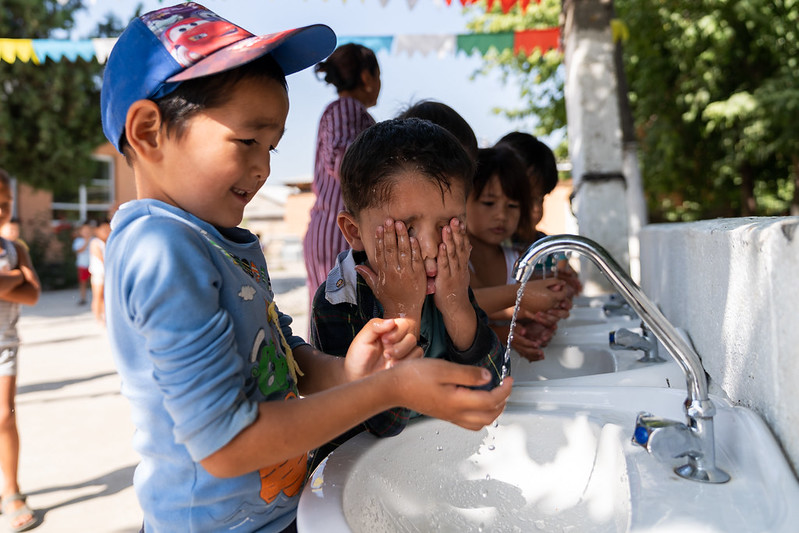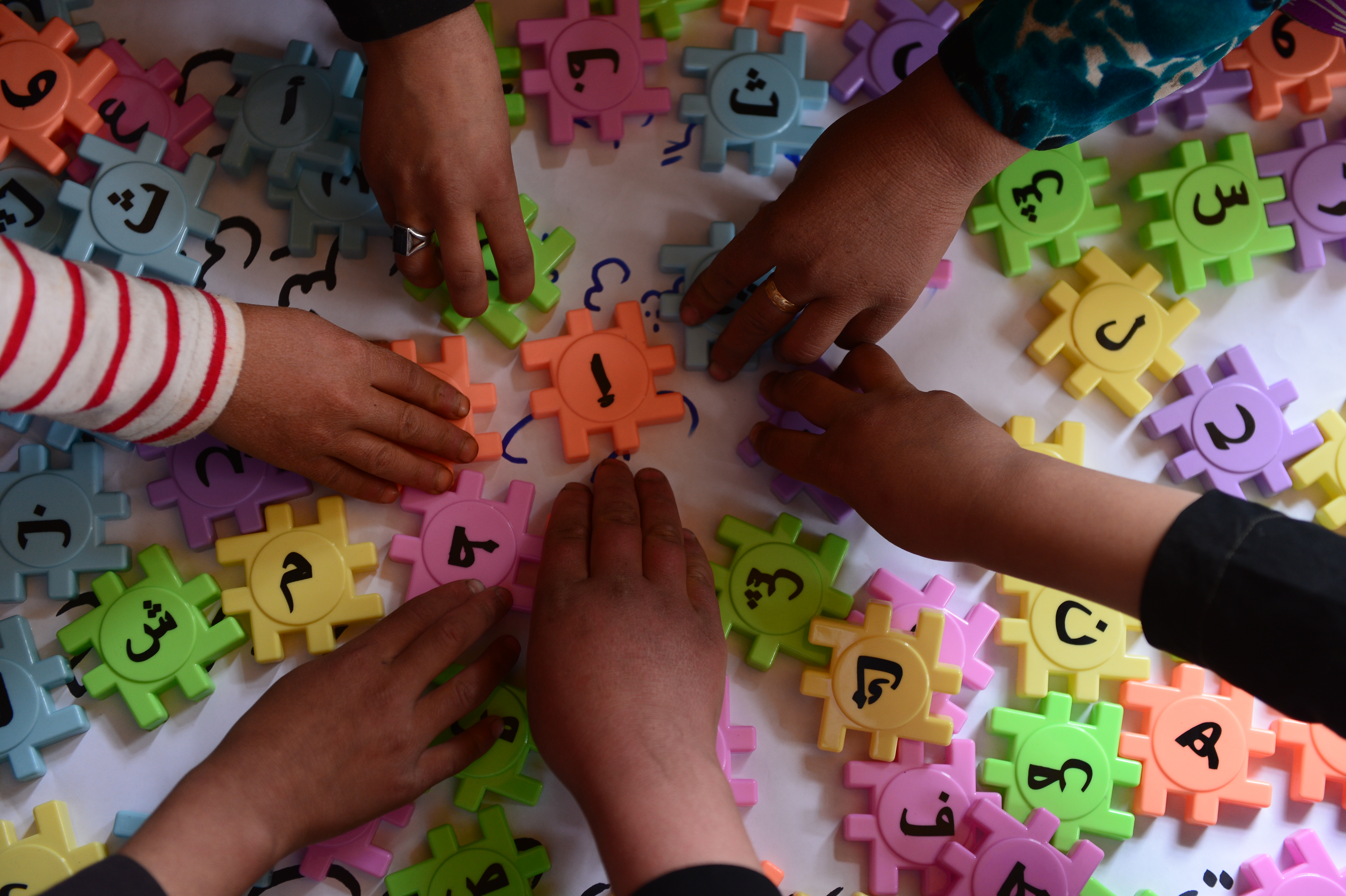Schools2030 is delighted to expand its work under Local Impact, partnership between the Aga Khan Foundation and USAID. Schools2030 projects will expand the work prototyped and piloted in Central Asia. Local Impact is providing funds to stimulate the innovation process and develop country-specific tools to measure the efficacy of Schools2030’s approach.
Local Impact’s ‘Catalyze Fund’ will support Schools2030’s teachers, students and school communities to engage in the HCD process, as well as the resulting 300+ holistic learning innovations that are developed. It will also fund the development of assessment and evaluation tools in Central Asia to help understand the impact of HCD in fostering positive educational change from classroom to systems level.

Local Impact bases its work on the understanding that poverty and conflict are complex, multidimensional issues and that long-term impact demands an integrated, multi-sector approach with community ownership at its centre. It therefore supports communities to adopt the Human-Centred Design (HCD) process to identify their most pressing challenges and co-create sustainable solutions.
This approach of course aligns nicely with Schools2030’s work, which enables teachers and local community stakeholders to define the barriers preventing quality learning and design new solutions that they can implement and measure to gauge their efficacy and inform future policy. Schools2030 also works through a multi-sector approach, spanning the early childhood development, education and youth sectors.

At the heart of both programmes lies the important recognition that communities themselves must be at the centre of development for meaningful, sustained impact. Schools2030 is the only global education initiative that supports teachers and schools to take the lead in assessing, designing, implementing, and showcasing ‘what works’ to improve quality learning outcomes for all.
